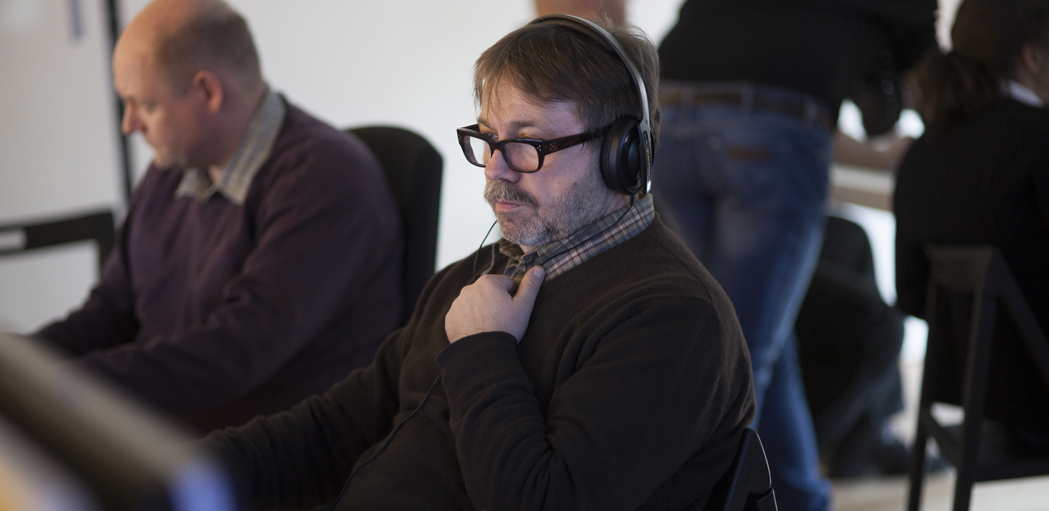Teaching and Research Fellows to Study Law, Photography and More in Visual History Archive

USC Shoah Foundation’s 2014 teaching and research fellowships have been awarded to professors and students from a diverse range of disciplines, including writing, anthropology, law and history.
Professors Linda Kim from Drexel University and David Tomkins from USC received teaching fellowships. Kim is developing an anthropology course, “Witness to Atrocity: Photography and Human Rights,” and Tomkins is developing a writing course, “Identity and Diversity in Global Contexts.”
In addition, Harry Reicher, Scholar in Residence at the Touro College Jacob D. Fuchsberg Law Center, has been awarded the Rutman Teaching Fellowship. The fellowship is funded by a grant through the University of Pennsylvania. Reicher will develop a “Law and the Holocaust” course.
The Teaching Fellows program provides financial support and staff assistance to faculty members who wish to use the Institute’s life-history testimonies in their new or existing courses. Fellows spend 10-15 hours in guided research and consultation with Institute staff as they craft their course syllabi. Following the fellowship period Fellows give a staff talk based on their work and findings and submit their final syllabus for archiving.
Two USC undergraduates received research fellowships. Christina Schoellkopf, majoring in digital journalism and history, will conduct research in the Visual History Archive’s Rwandan Tutsi Genocide collection for her senior thesis “Exploring the Construction of ‘The Other.’” USC Shoah Foundation intern Orli Robin, majoring in creative writing and minoring in Judaic Studies and Resistance to Genocide, will conduct research for her as-yet-unnamed senior thesis using the Holocaust testimony collection.
The Student Research Fellowship program provides financial support and staff assistance to USC students of all levels and disciplines who wish to use the Institute’s interviews in their research. Students spend 60 hours over the summer conducting research in the Institute’s offices. Following the fellowship period students give a staff talk based on their work and findings and submit their final written work for archiving.
Like this article? Get our e-newsletter.
Be the first to learn about new articles and personal stories like the one you've just read.